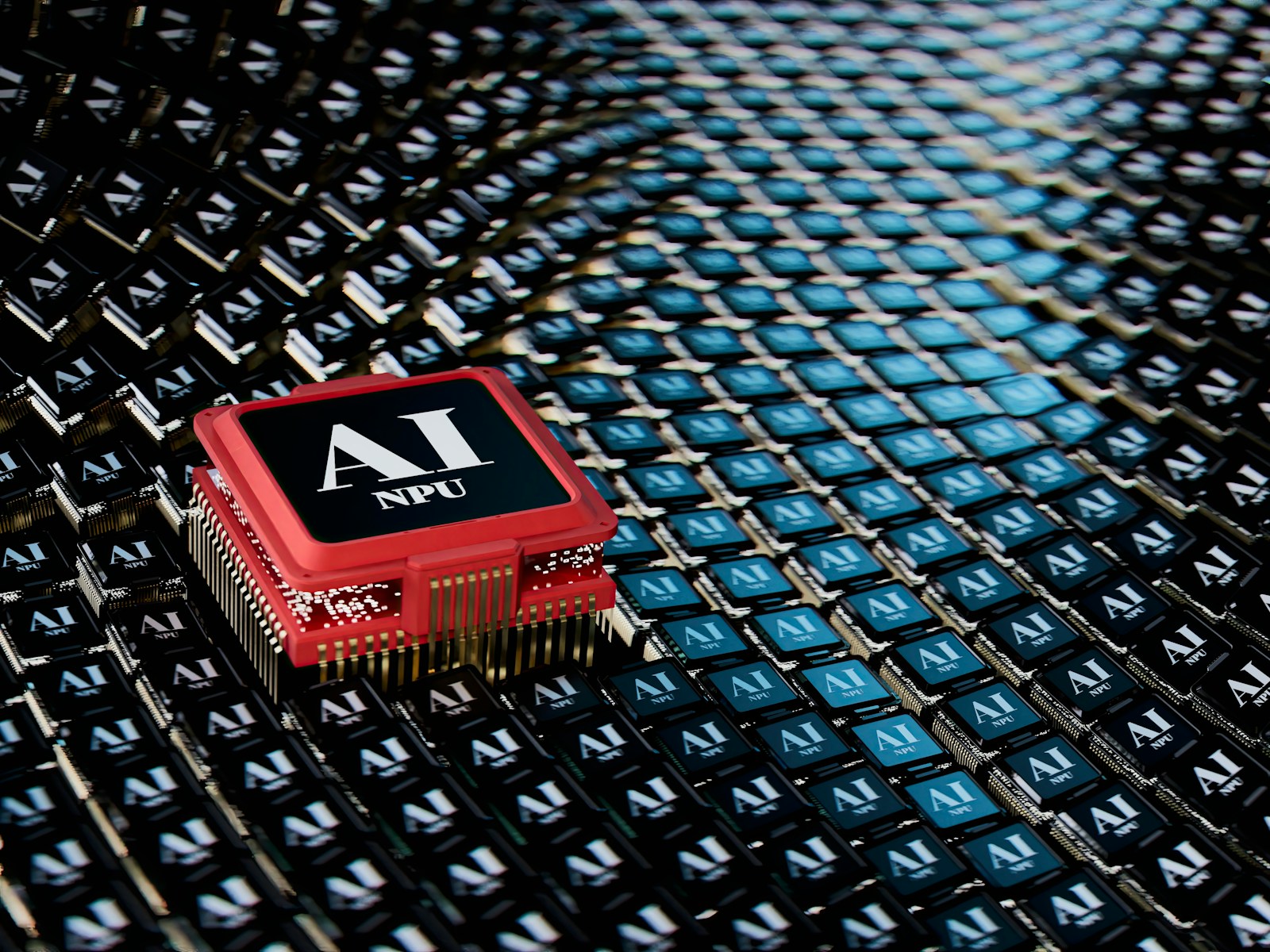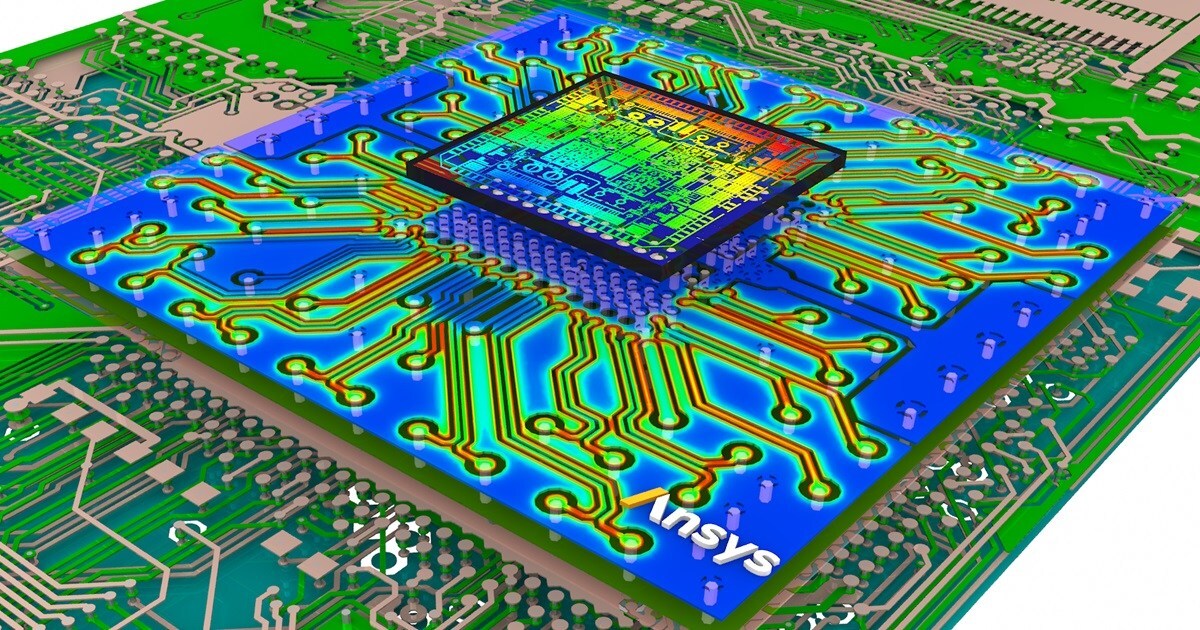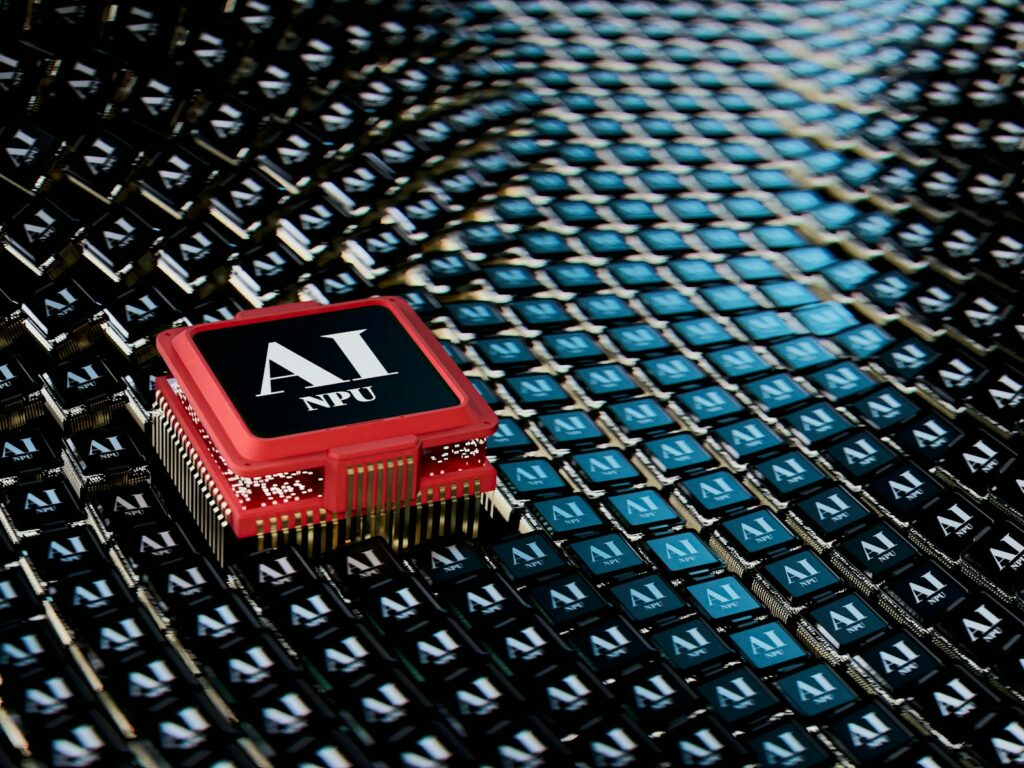Sanjay Basu is the head of technology strategy and complex pursuits at Oracle. Oracle is a cloud technology company that provides companies across the world with computer infrastructure and software for innovation. We interviewed Sanjay, about Oracle and how the company is working to enable web3.
Can you tell us a bit about your background?
“So I have been in information technology for 29 years. After graduating from an engineering college in India, I got credit into IBM. Since then, I have worked across programming and illuminates, as networking security came to the cloud in 2008/2009.”
“But while I was doing engineering, I also did two years of physics. So, I think in my heart, I always wanted to be a physicist.”

“So, in early life, I tried to take the scientific route, you form a hypothesis, you test. If that experiment aligns with your idea, your belief becomes a reality, and then you use that theory to develop a product, software, or hardware. If your experimentation is not aligning with your hypothesis, you fail fast. You move on to the next thing.”
“After that, I worked for Amazon Web Services. I then took full ID courses from Harvard on design thinking, I went to MIT for my advanced management courses. I did four sets; seven quantum computing comes from MIT. I did Systems Engineering from MIT. So while I was working, I was studying. I also got a postgraduate diploma in AI and then from MIT and the UK, focusing on two separate parts of machine learning. I did a Ph.D. in applied management and made my way to Oracle.”
How are you involved in the metaverse space?
“So I am working on a few projects for Oracle and a few for other consortiums. I am an Oracle employee, but I also work for some others and what interests me is the centralized internet and the decentralized Internet. To Kiva and an analog Experience on a digital platform, I think we have to go towards web3. And the way I see it in web3, you have the application portion, how you are writing AI which is centralized, and in that, another thing is the infrastructure, the platform that we are working with. “
“So since my interest is more engineering hardware, I am focusing on the platform. And how that can enter the metaverse and then whether our mind can work in the metaverse. So you’re still working where your body is at rest. But our brain is active, working in the metaverse. “
“Likewise, how can we use it in manufacturing? How we can use it in role-playing, building systems to simulate our effect on ecosystems around the world. And another thing that I am thinking about, and want to write about, is how to create a verse for people who are active in their brain, but their body has been paralyzed. So how it is used in health care.”
At Oracle, how does the metaverse fit in your strategy, how do you seek to enable it?
“So we are working on a few things. They’re still not publicly shared. We want to come out with our version of what we think covers it during our annual conference, which is in October, so basically, we are heads down working on it, and sharing my work on the site medium is just a very, very small piece of it. Without sharing too much, we believe that cloud software and engineering is a key component of the metaverse.”
“Because we think the cloud is centralized, and we believe in multi-cloud play. People will work with Oracle AWS and use its underlying infrastructures and applications in web3.”
What do you think about Meta and Mark Zuckerberg’s approach to the metaverse?
“Yeah, so they’re taking the AI/AR/VR approach. They are trying to represent you as an individual with bookings in the metaverse with avatars and all these things. And ultimately, Facebook’s goal is to monetize your information. Who knows, they may even be able to monitor your vitals and if they find out that you have high blood pressure, they can target you for all types of blood pressure medication.”
“It’s scary. You see, the Facebook ads always pop up. So they’re already listening to us.”
So what will the Metaverse look like?
“It provides a more immersive experience. Initially, it will be cloud-specific. Oracle will have its own environment. But it will be tenderized. It will be worth 3.0. You will have experiences across the cloud.”
“Different companies will have their own take on the metaverse, especially in the gaming space, from a cloud software point of view.”
What do you think about the gaming cloud software currently on the market, such as Stadia PlayStation Now, etc.?
“I think what will happen will be the public cloud. They will become a commodity, like HP, Dell, IBM’s of the world, to provide infrastructure, probably some platform as a service. But they will have their own ecosystem. So PlayStation and Xbox may have their ecosystem, and run their engines on the cloud. “
By extension, do you think these companies will get involved with NFTs?
“Yeah, I think everyone will try to dip their toes in NFTs. Yes, because it is the hype, right? It is the hype, and then some companies will be using NFTs effectively, and others will just try it out. Abandon it, go to the next thing you know, because the NFT crypto blockchain is just one side of web3.”
“I see value in blockchain when it comes to running a decentralized app. I know the importance of tokens because we tokenize everywhere; when we transmit data in our local area network, all these hosts have something called open, which it uses to pass the data from one node to another. So the idea of the token is ubiquitous.”
How else are you involved in the metaverse space?
“I am working as an advisor for Carta, which is in the US health care market. It is on the west coast of Texas. And I am advising them on how to come up with data.”
“Likewise, I’m working with another startup, which is providing NFTs as identification, authentication, and authorization.”
What motivates you to continue your work in the metaverse space? What gets you excited?
“What motivates me is what is next, what we are not thinking about. But as we continue this journey, it will become more evident.”
“And then, of course, I’m hitting deck, my old science fiction books, by Arthur C. Clarke. Two years ago, it was just science fiction. But now, we are at a point with our technology, we can do that. Yeah. I’m also working on quantum computing because if we can have the right set of quantum machine learning, we probably have a way to create AI, but true AI.”
“Not these professionalized algorithms that we are using, and we call them AI, it’s totally different.”
Do you agree that the UI/ UX isn’t developed enough in the metaverse space?
“Yeah. It’s about educating the public and having oversight on the ethical side. We can misuse it. We need to educate people from various walks of life so that they can participate.”
“You also have to educate the educators about intervals so that they can participate in our civil conversation. “
If you found this article to be informative, you can explore more current Digital Twin news here exclusives, interviews, and podcasts.













